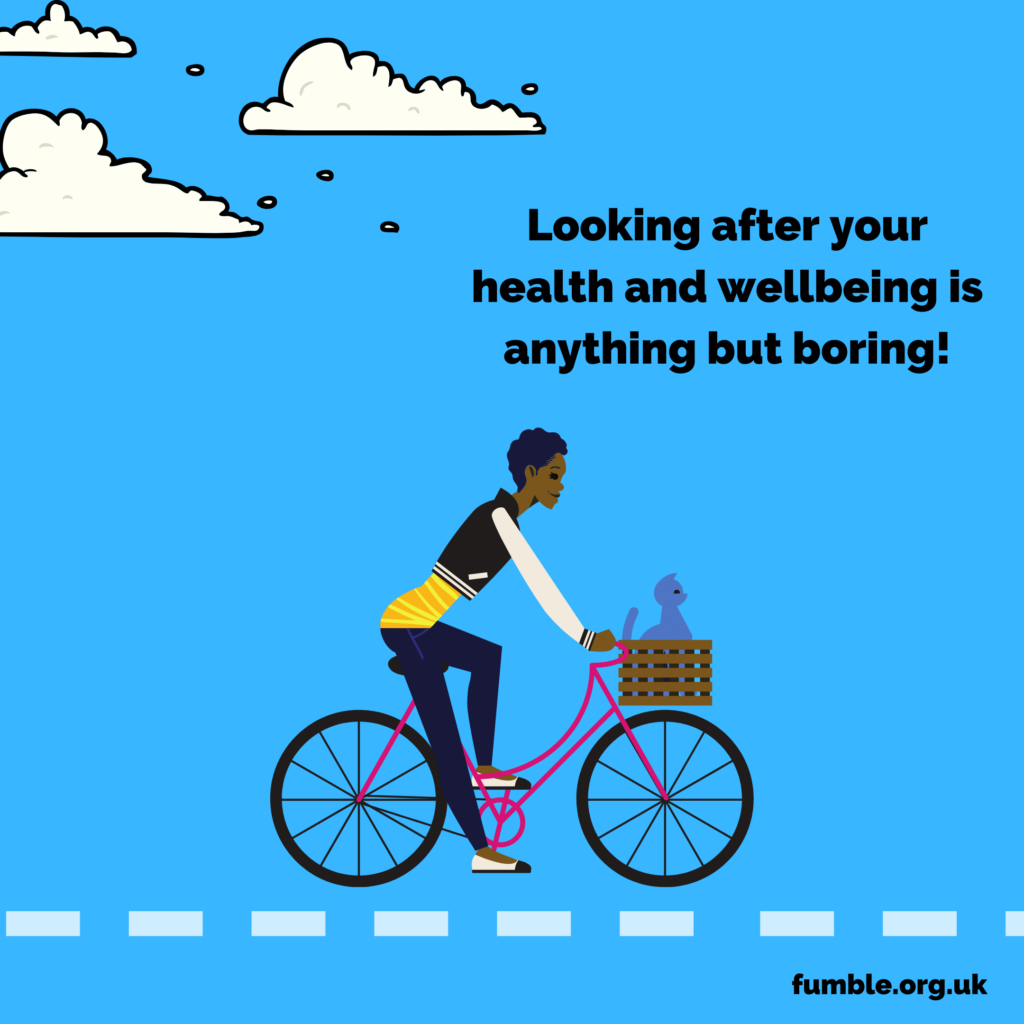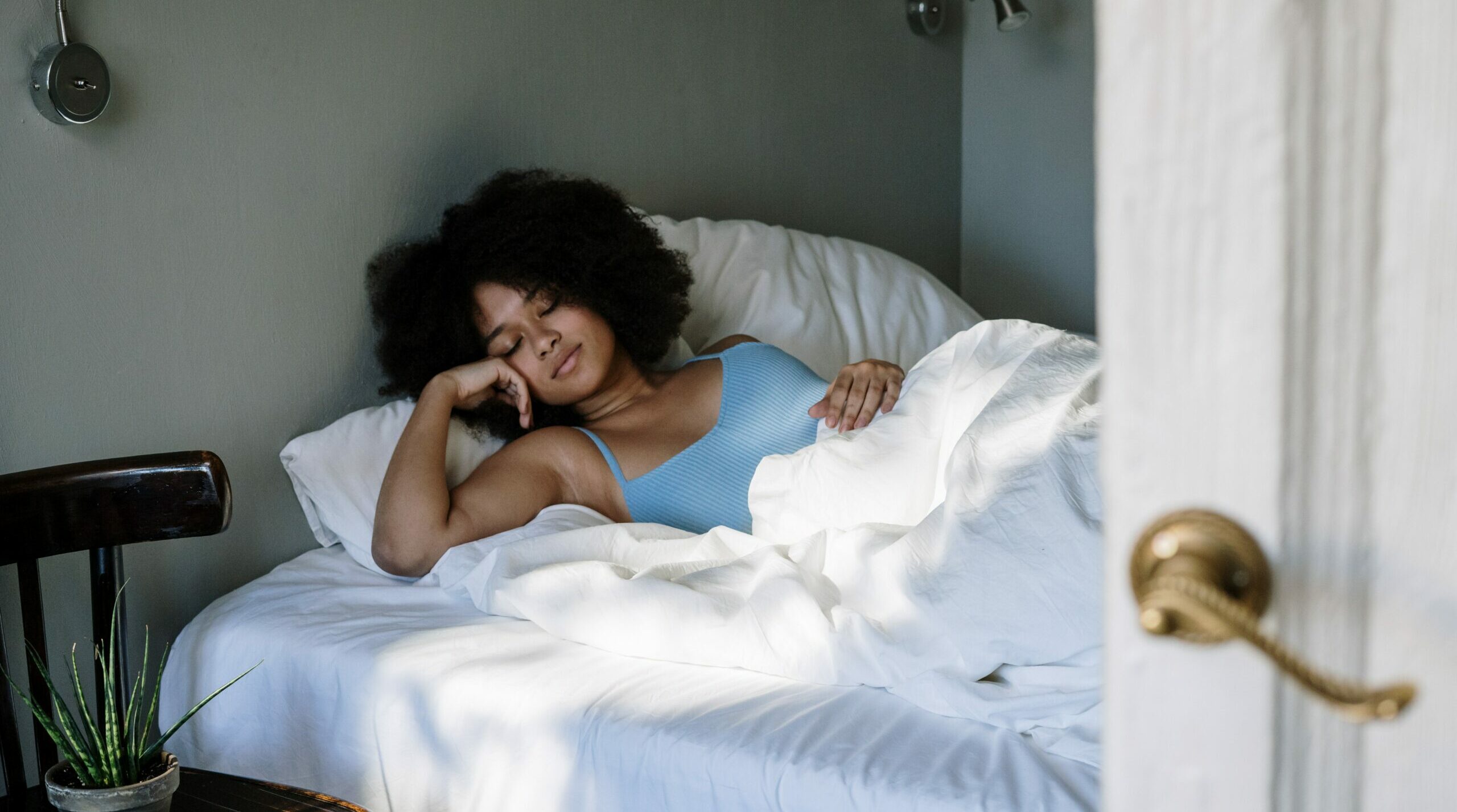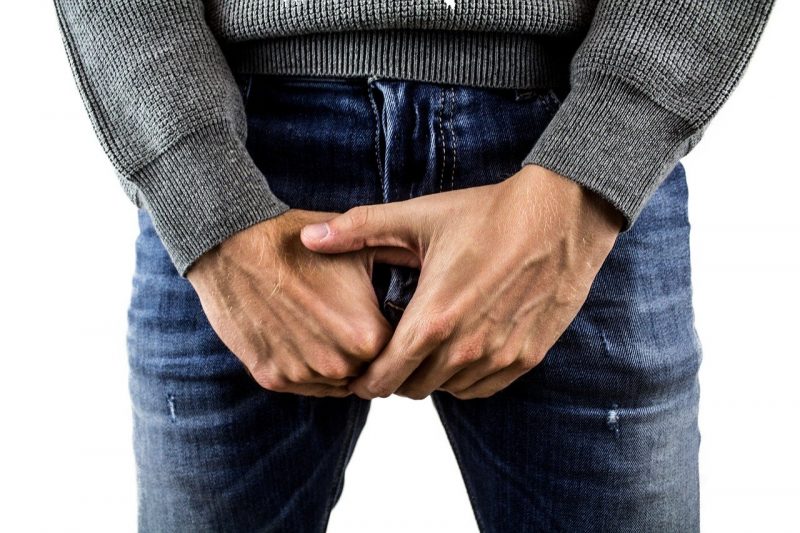Sleep… what is it? And why do we need it so much?
For some of us, it’s not something we necessarily think much about. We go to sleep every day, and for most of us we don’t really have much of a choice – when we feel tired, we want to sleep. If this is so simple, then why is it so important that we receive enough? And why does it feel so difficult sometimes? Sleep can one of those pesky things where the harder you try, the less it happens, very frustratingly.
Why is it so important?
Almost one in five of us in the UK aren’t getting enough sleep. This can lead to short-term experiences of fatigue, short temper and lack of focus. Research shows that 66% of young people say poor sleep negatively impacts their mental health. Life is hard enough when you’re trying to juggle a social life, school/work, and your own mental health, let’s not add sleep deprivation to the list!

Studies have shown that after several sleepless nights, the mental effects of this deprivation become even more serious. This can lead to a serious lack of concentration and falling asleep during the day, resulting in bad decisions and severe embarrassment!
What are the positive effects of sufficient sleep?
🦠 Improved immunity. It has been proven that a prolonged lack of sleep can disrupt your immune system.
🍎 Improved eating habits. Studies have shown that sleep-deprived people have reduced levels of leptin (the chemical that makes you feel full) and increased levels of ghrelin (the hunger-stimulating hormone).
😷 Disease prevention. Sleep has also been shown to prevent diabetes (because it changes how the body can process glucose: type 2 diabetes), and reduce the risk of heart disease. Long-standing sleep deprivation is shown to be associated with increased heart rate, an increase in blood pressure and higher levels of certain chemicals linked with inflammation, which can put extra strain on your heart.
Healthy sleep tips
Here are some tips to help ensure that you get a good night’s rest:
⏰ Keep a schedule: Try to stick to your schedule 7 days in the week with the same bedtime and wake-up time.
🛏️ Bedtime ritual: Spend the last hour before bedtime doing something relaxing, such as reading or listening to music. Light some scented candles which can help create a soothing atmosphere. Run yourself a warm bath. Write out a schedule or to-do list for the next day in order to organise your thoughts and take out any distractions.
🍔 Avoid heavy meals, alcohol, cigarettes and caffiene: Try to resist that urge to sneak in another 3 course meal at 11pm just before you go to bed. Heavy foods, fatty or fried meals, spicy dishes, citrus fruits, carbonated drinks can all trigger indigestion and heartburn for some people. If you’re still hungry, maybe try a light snack 45 minutes before you go to bed. Alcohol, cigarettes and caffeine can also disrupt your sleeping patterns as your body begins to process them.
💡 Is it too bright? Try to avoid bright lights in the evening. The screen light from your laptop or phone can actually activate your brain, preventing you from falling asleep. Try exposing yourself to sunlight in the morning as a wake-up call in order to keep your circadian rhythms regular.
🏃 Get active: Regular exercise can help improve your sleep. This could be something as simple as a 15-minute walk out in the fresh air. But try to avoid exercise 90 minutes before bedtime as this may have the opposite effect!
😴 Avoid napping: Power napping may help you when you’re trying to meet a deadline, however short naps throughout the day can disrupt you when you actually want to fall asleep.
✍️ Keep a sleep diary: This can help you to look closely at the underlying conditions behind your inability to drift off. Here are links to a diary provided by the NHS, and the Sleep Foundation.

So… how can I catch up on lost sleep?
Don’t expect to be able to catch up on weeks or months of sleep deprivation straight away. You may still feel tired after one good night’s sleep. That’s normal! Your body is just trying to adjust. Try not to rely on energy drinks and caffeine for a short-term pick-me-up.
Other support
Read more
Last Reviewed 02 August 2023
Image Credit: cottonbro studio via Pexels



